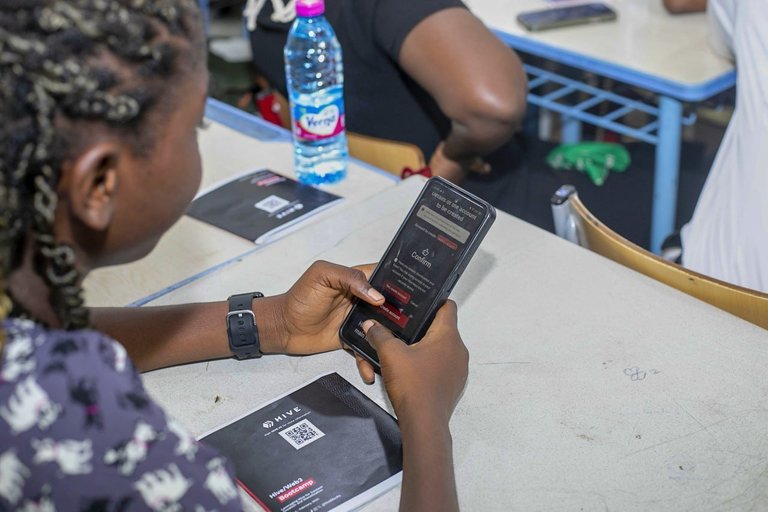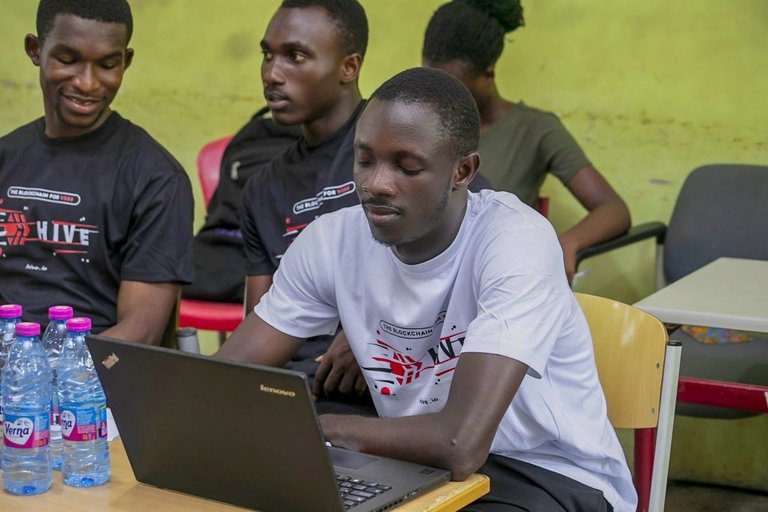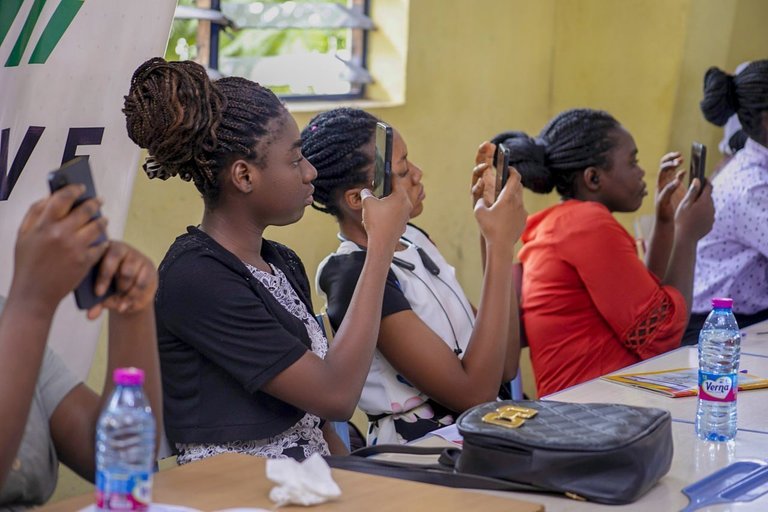
Today, there are over a billion people around the globe without a bank account. That means they have no savings account, no credit card, and no way to send or receive money efficiently. A lot of these people live in rural communities or low-income households, where banks either don’t exist or even if they are available, a bank account may not be an option due to the high fees and the many paperwork required.
But there is a quiet revolution underway. And it's coming from an unexpected source: cryptocurrency. All the things you need to open an account at a bank or credit union don’t matter when it comes to crypto. You don’t need to provide any personal information, where you live, or how much income you bring in from which to average over the past 12 months.

All you really need is a phone and a connection to the internet. From this, you can download a crypto wallet app and begin sending, receiving, and saving money in few minutes. No bank manager is required, no long processes, not many form; no minimum balance. This is huge for the people who have been left out of the banking system. Now, for example, consider a farmer in rural Ghana.
Since he can use HBD or USDT, he now can sell crops and will get paid instantly. He doesn’t need a bank account. He can keep his money in a digital wallet that hedge against reigning local currency inflation. He can even borrow small loans from a DeFi app that doesn’t use or ask you for a credit score. They ask for a small piece of crypto indicating he is using it as collateral.
In places like Venezuela where local currency has lost value fast, many families are now holding crypto as a way to protect their savings. In the Philippines, migrant workers are sending money home using crypto way faster, and way cheaper than using a bank or a money transferring entity. Of course, crypto has its challenges as well. There is a learning curve.
There are scams. And even today, even internet access is not everywhere, but times are changing and with time almost everyone would have access. There are many new apps that make it easy to buy crypto, send crypto, store crypto, with just a few taps. Some will even get customer support with their inquiries in a local language.
Governments and charities are learning about using crypto for aid. For example, people receive the money directly, i.e., in crisis, and it is secure and the transaction is faster, and no local bank comes between. This change is more than simply about money. It is about freedom. It is about people having authority over their money and finances to live their lives, grow their business, save money away for purchasing any property of their choice.

As technology advances and reaches to everyone, and education grows, many more people will continually engage in the new digital economy. Crypto is not a magic tool that will improve all of our lives on this planet, but will open many doors to many people for too long. We are only at the beginning of this journey. But it offers a light at the end. For the world’s unbanked community, it gives them hope to jump from the old system to the new. And the future has already begun.
